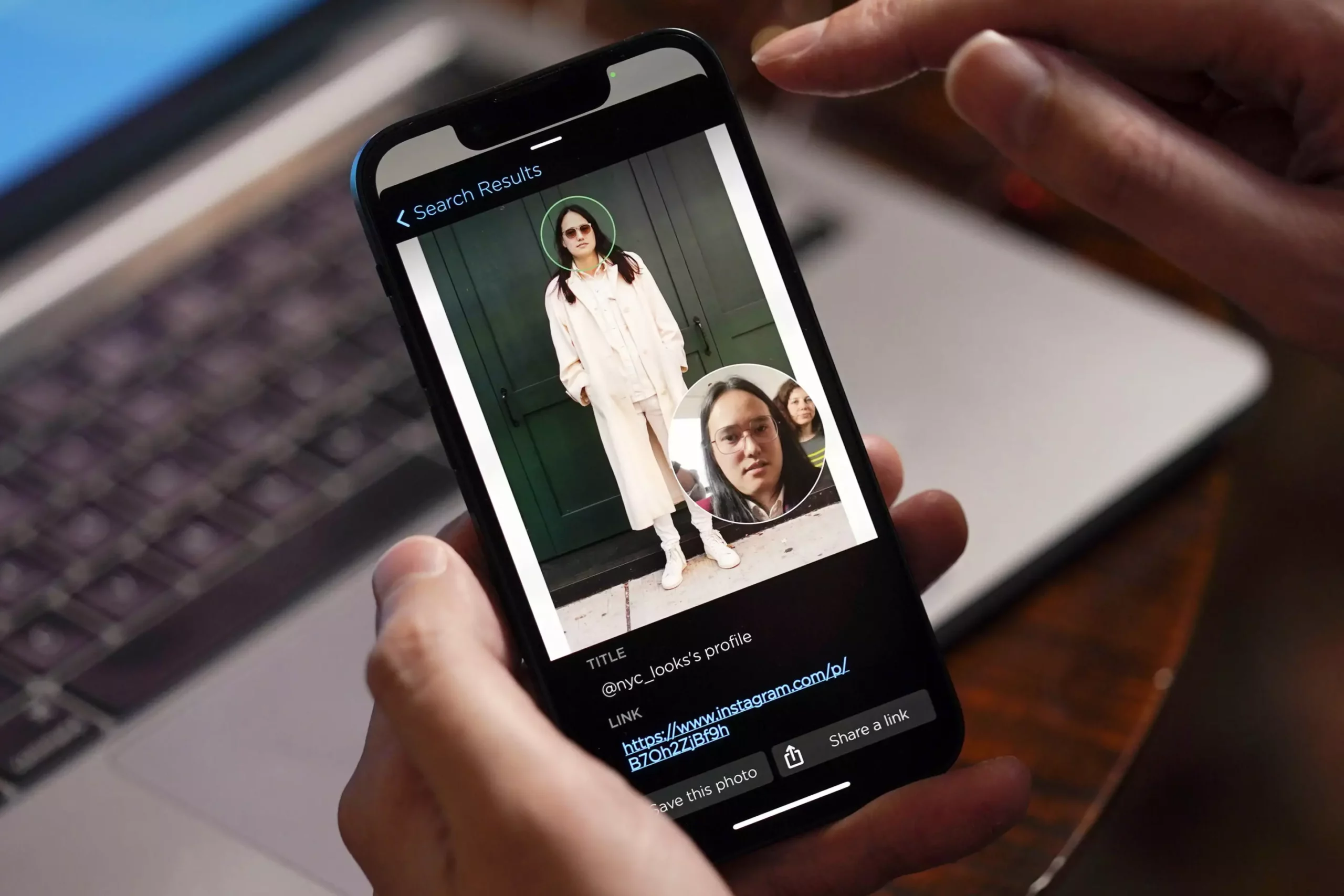Recently, facial recognition startup Clearview AI came to a settlement in an Illinois lawsuit that claimed the company’s collection of faces infringed on the privacy rights of individuals. The settlement was estimated to be worth over $50 million and involved a unique agreement that allowed plaintiffs to have a share of the company’s potential value instead of a standard monetary payout. This settlement was given preliminary approval by Judge Sharon Johnson Coleman of the Northern District of Illinois.
The lawsuit against Clearview AI was a consolidation of cases from across the United States, all accusing the company of gathering photos from social media and other online sources to build a database that it then sold to various entities. As part of a previous settlement in 2022, Clearview agreed to cease selling access to its database to private businesses or individuals in Illinois, while still maintaining relationships with federal agencies and law enforcement outside the state.
Although Clearview did not admit to any wrongdoing as part of the settlement, the lead plaintiffs’ attorney, Jon Loevy, referred to the agreement as a “creative solution” due to the company’s financial limitations. However, some privacy advocates and individuals involved in other legal actions against Clearview expressed disappointment with the settlement, arguing that it does not address the core issue and merely legitimizes the company’s operations.
One of the key uncertainties surrounding the settlement is the number of individuals who would be eligible to participate. The agreement’s broad language includes anyone whose images or data are in Clearview’s database and who resided in the U.S. from July 1, 2017 onwards. A nationwide campaign to inform potential plaintiffs about the settlement is also part of the agreement.
The settlement agreement was developed with the assistance of Wayne Andersen, a retired federal judge who currently mediates legal disputes. In court documents, Andersen bluntly stated that Clearview AI would not have had the financial means to pay a multi-million-dollar judgment if the lawsuit had proceeded. This assertion highlights the financial constraints that influenced the terms of the settlement.
The settlement of the Illinois lawsuit against Clearview AI raises important questions about the balance between protecting individual privacy rights and holding companies accountable for potential violations. While the innovative approach of providing plaintiffs with a share of the company’s value is a creative solution to address the financial limitations of Clearview, it has also sparked criticism from those who believe that it does not go far enough in addressing the underlying issues. As technology continues to advance, the legal and ethical implications of facial recognition technology will undoubtedly remain a topic of ongoing debate and scrutiny.


Leave a Reply
You must be logged in to post a comment.